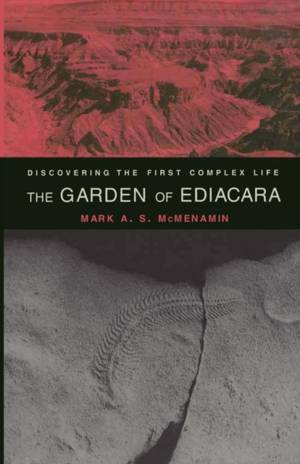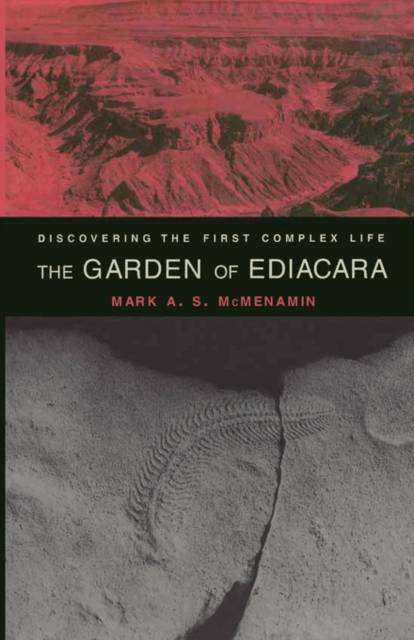
- Retrait gratuit dans votre magasin Club
- 7.000.000 titres dans notre catalogue
- Payer en toute sécurité
- Toujours un magasin près de chez vous
- Retrait gratuit dans votre magasin Club
- 7.000.0000 titres dans notre catalogue
- Payer en toute sécurité
- Toujours un magasin près de chez vous
64,45 €
+ 128 points
Description
During an expedition in Sonora, Mexico, paleontologist Mark A. S. McMenamin unearthed fossils of creatures dated at approximately 600 million years old--making them the oldest large body fossils ever discovered. These circular fossils, known as Ediacarans, seemed to defy explanation. Representatives of marine life forms that existed in Precambrian times, as much as fifty million years before life on earth began to diversify rapidly, the specimens bore a superficial resemblance to jellyfish.
A typical Ediacaran had a quilted body, three curving arms at the center, and a fringe of fine radial lines. McMenamin's curiosity was fueled by the puzzle of whether the Ediacarans were animals or some other type of organism. How could such complex forms of life appear so suddenly, without extensive records of prior evolution? Yet, this seems to be exactly what the Ediacarans had done. The Garden of Ediacara presents a mesmerizing documentary of a major scientific discovery, detailing McMenamin's trip to Namibia, where, with a party that included the renowned paleontologist Adolf Seilacher, the author investigates a spectacular cast made from a colony of fossils in the Nama desert. He chronicles the long, often futile search made by earlier scientists for Ediacara, which began more than a century ago in Europe, North America, and Africa, and the various types of Ediacaran fossils that have been uncovered in the years since. McMenamin concludes that Ediacarans were not animals because they never passed through the ball-shaped embryonic stage peculiar to known animal life forms. But, remarkably, Ediacarans seem to have developed a central nervous system and a brain independent from animal evolution. This startling conclusion has profound implications for our understanding of evolutionary biology, for it indicates that the path toward intelligent life was embarked upon more than once on this planet.Spécifications
Parties prenantes
- Auteur(s) :
- Editeur:
Contenu
- Nombre de pages :
- 368
- Langue:
- Anglais
Caractéristiques
- EAN:
- 9780231105590
- Date de parution :
- 26-09-00
- Format:
- Livre broché
- Format numérique:
- Trade paperback (VS)
- Dimensions :
- 145 mm x 224 mm
- Poids :
- 408 g

Les avis
Nous publions uniquement les avis qui respectent les conditions requises. Consultez nos conditions pour les avis.






